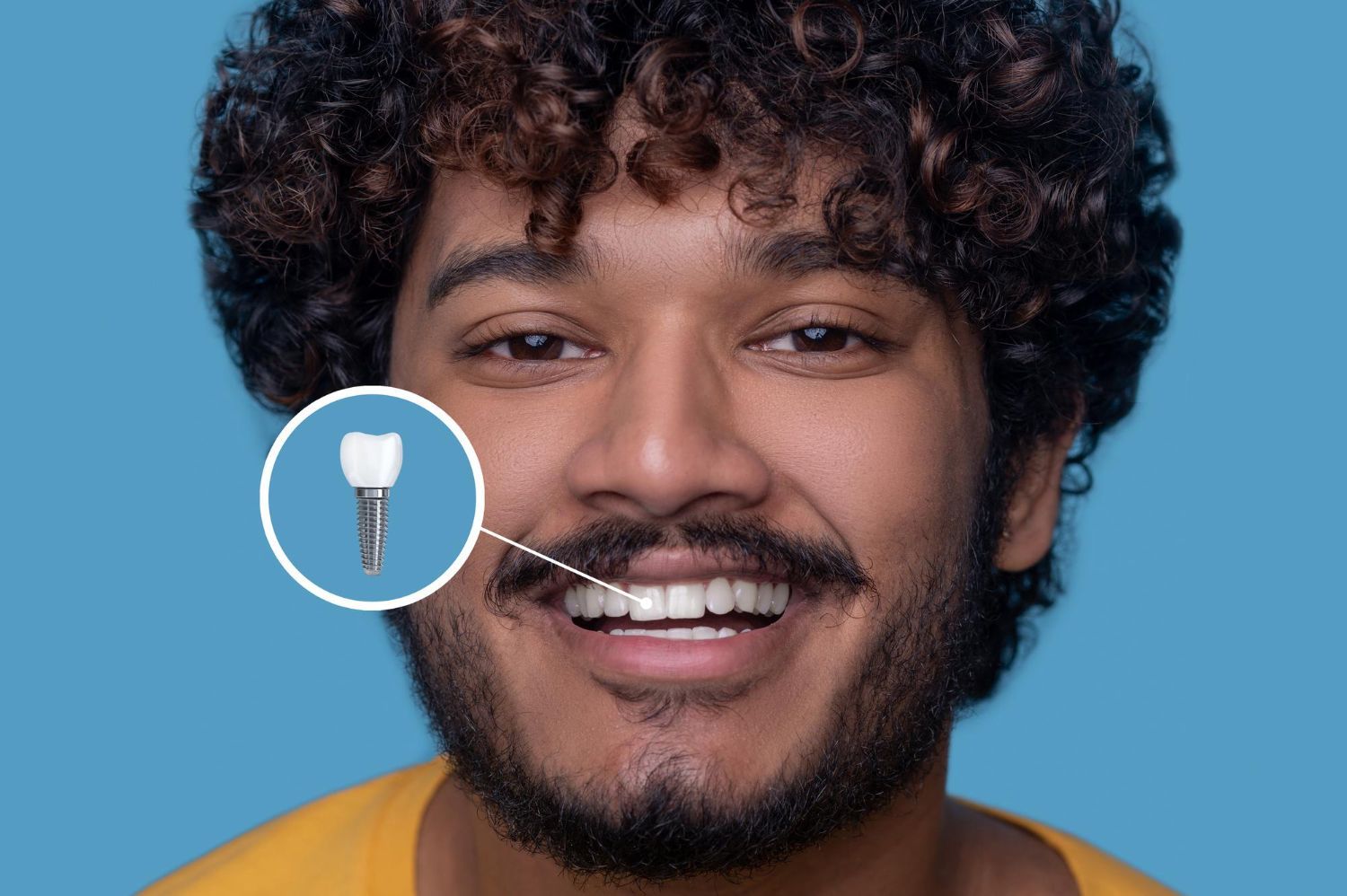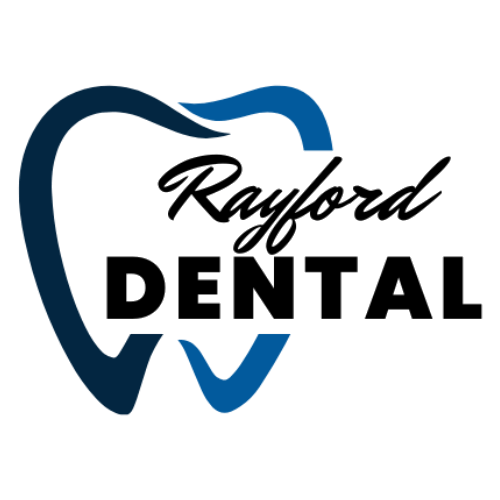January 20, 2026
Missing teeth can affect much more than your appearance. They can change how you eat, speak, and even how confident you feel every day. If you’re looking for a long-term solution, dental implants are considered one of the most reliable and natural-looking ways to restore your smile. At Rayford Dental , located near Rayford Road in Spring, TX , we help patients replace missing teeth with personalized dental implant treatments designed for comfort, function, and lasting results. This complete guide explains how dental implants work, their benefits, the process, and what you can expect in terms of cost. What Are Dental Implants? Dental implants are small titanium posts that are surgically placed into the jawbone to replace the root of a missing tooth. Once healed, a custom crown is placed on top, creating a tooth that looks, feels, and functions like a natural one. Unlike dentures or bridges, implants are permanent and don’t rely on neighboring teeth for support. This makes them a preferred option for patients seeking to replace missing teeth in Spring, TX with a long-lasting solution. Why Choose Dental Implants to Replace Missing Teeth? Patients often choose dental implants because they offer benefits that other tooth replacement options simply can’t match. Key Benefits of Dental Implants Restore full chewing strength Look and feel like natural teeth Prevent bone loss in the jaw Protect surrounding teeth from shifting Improve speech and confidence Long-lasting solution with proper care If you’re tired of removable dentures or concerned about gaps in your smile, implants provide stability and peace of mind. Who Is a Good Candidate for Dental Implants? Many adults are great candidates for dental implants. You may be eligible if you: Are missing one or more teeth Have healthy gums Have adequate jawbone density (or qualify for bone grafting) Are in good general health Want a permanent tooth replacement option Even if you’ve been missing teeth for years, a consultation with an experienced implant dentist in Spring, TX can help determine the best treatment plan for you. The Dental Implant Process: Step by Step Understanding the process helps reduce anxiety and sets clear expectations. At Rayford Dental, we guide you through every phase with care and transparency. 1. Consultation and Planning Your journey begins with a comprehensive exam, digital imaging, and a personalized treatment plan tailored to your smile goals. 2. Implant Placement The implant post is carefully placed into the jawbone using precise techniques and modern technology to ensure comfort and accuracy. 3. Healing and Integration Over the next few months, the implant fuses with the bone in a process called osseointegration. This creates a strong foundation for your new tooth. 4. Final Restoration A custom-made crown is attached to the implant, completing your smile with a natural, functional result. Thinking about dental implants? Schedule a consultation with Rayford Dental today and explore your personalized options. How Much Do Dental Implants Cost in Spring, TX? The cost of dental implants can vary depending on several factors, including: Number of implants needed Type of restoration (single tooth, bridge, full arch) Bone grafting or additional procedures Materials used While dental implants may have a higher upfront cost than other options, they often save money over time because they don’t need frequent replacement or adjustments. At Rayford Dental, we provide clear explanations of costs, work with insurance when applicable, and help you understand financing options so you can make a confident decision. Dental Implants vs. Other Tooth Replacement Options Compared to bridges and dentures, dental implants offer: Greater stability Improved comfort Better long-term oral health outcomes A more natural appearance For many patients searching for “dental implants near me” in Spring, TX, implants provide the closest experience to having natural teeth again. Why Choose Rayford Dental for Dental Implants in Spring, TX? Choosing the right provider is just as important as choosing the right treatment. At Rayford Dental, we combine advanced technology with personalized care to deliver outstanding results. What Sets Us Apart Experienced dental team focused on implant dentistry Modern imaging and treatment planning technology Customized implant solutions for each patient Convenient location near Rayford Road Compassionate, patient-first approach Our goal is not just to replace teeth—but to restore confidence, comfort, and quality of life. A Permanent Solution Worth Considering Dental implants are one of the most effective ways to restore missing teeth and protect your long-term oral health. With proper care, they can last for decades and transform how you feel about your smile. If you’re ready to explore dental implants in Spring, TX , the team at Rayford Dental is here to guide you every step of the way. Take the first step toward a complete, confident smile. Book your dental implant consultation at Rayford Dental today and discover a permanent solution for missing teeth.



